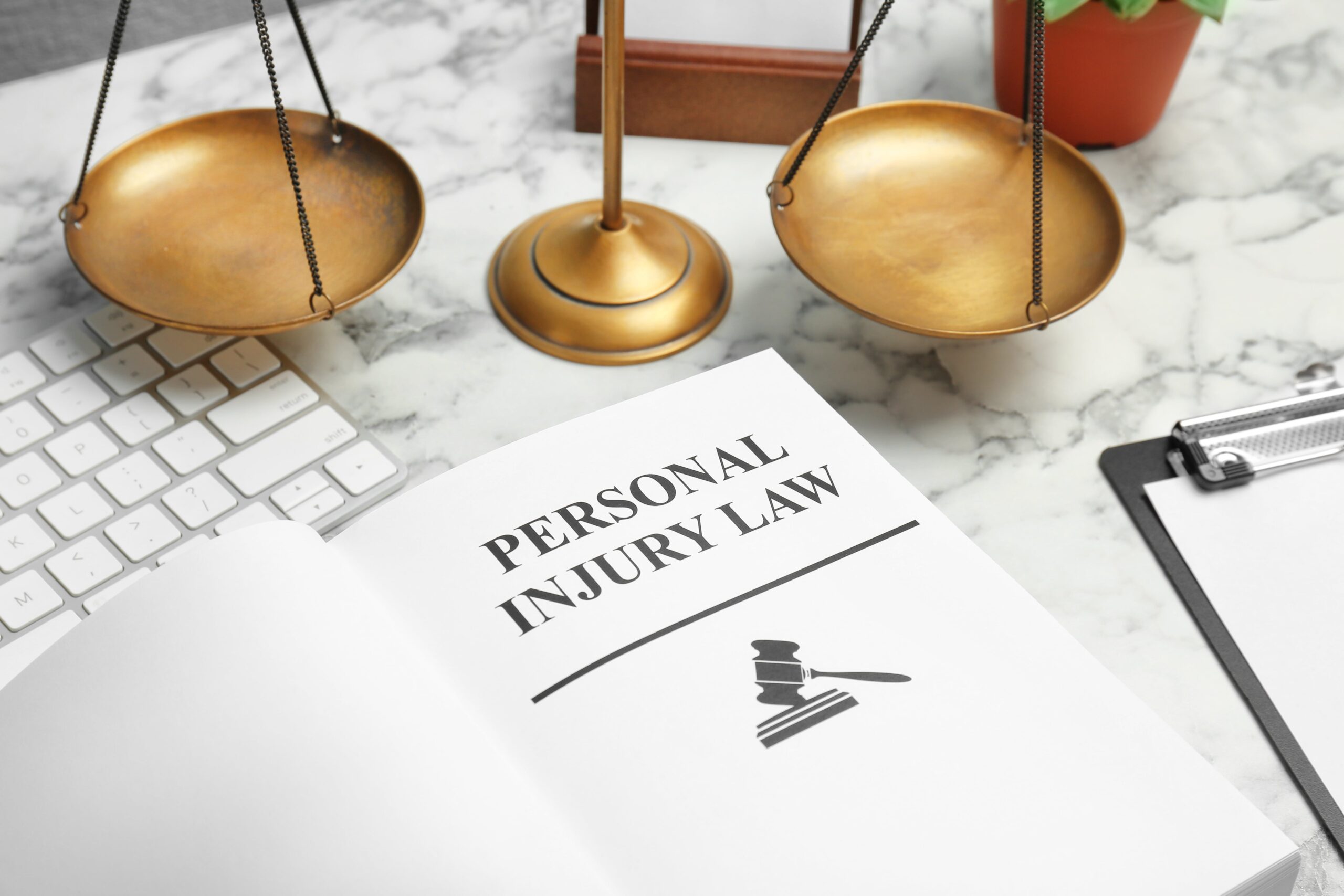Personal Injury Lawyer
When filing a personal injury claim, it is essential to consider not only the economic losses but also the non-economic damages you have suffered. Non-economic damages are the intangible losses that result from an injury, such as pain and suffering, emotional distress, and loss of enjoyment of life. It is important to explore the significance of non-economic damages in a personal injury claim and the factors involved in pursuing them.
- Understanding Non-Economic Damages: Non-economic damages refer to the intangible losses experienced by an individual due to a personal injury. They encompass a wide range of impacts, including physical pain, emotional distress, mental anguish, loss of consortium, and diminished quality of life. Unlike economic damages, which can be quantified in monetary terms (such as medical expenses or lost wages), non-economic damages are subjective and challenging to calculate precisely. However, they are a vital aspect of a personal injury claim as they compensate for the profound and long-lasting effects that cannot be measured solely in financial terms.
- Factors Influencing Non-Economic Damages: Several factors can affect the calculation and pursuit of non-economic damages in a personal injury claim. These factors may include the severity of the injury, the degree of pain and suffering experienced, the impact on daily life and relationships, the duration of recovery, and the long-term consequences of the injury.
- Assessing Pain and Suffering: One crucial component of non-economic damages is pain and suffering. This includes both physical pain and the emotional distress caused by the injury. Assessing pain and suffering can be subjective, relying on medical records, expert opinions, and the injured party’s own testimony. Factors such as the intensity and duration of the pain, the need for medical treatments and therapies, the impact on daily activities, and the emotional toll are considered when determining the appropriate compensation for pain and suffering.
- Demonstrating Emotional Distress: Emotional distress is another significant aspect of non-economic damages. It refers to the psychological impact of the injury, such as anxiety, depression, fear, insomnia, or post-traumatic stress disorder (PTSD). Establishing emotional distress often requires expert testimony from mental health professionals, who can evaluate and document the psychological effects of the injury. Your lawyer, like a personal injury lawyer from a law office such as Hall-Justice Law Firm LLC, will need to show a direct link between the injury and the resulting emotional distress to strengthen the claim for non-economic damages.
- Building a Persuasive Case: To successfully pursue non-economic damages, it is essential to build a strong and persuasive case. This involves gathering and presenting evidence that supports the extent of your pain, suffering, and emotional distress. Medical records, expert opinions, testimonies from friends, family, or mental health professionals, and personal journals documenting the effects of the injury can all contribute to the case.
Find A Lawyer You Trust Today
Non-economic damages play a crucial role in personal injury claims, as they compensate for the intangible losses suffered by the injured party. Understanding the significance of non-economic damages, assessing pain and suffering, demonstrating emotional distress, and building a persuasive case are key factors in pursuing fair compensation for the profound impact an injury can have on a person’s life.

